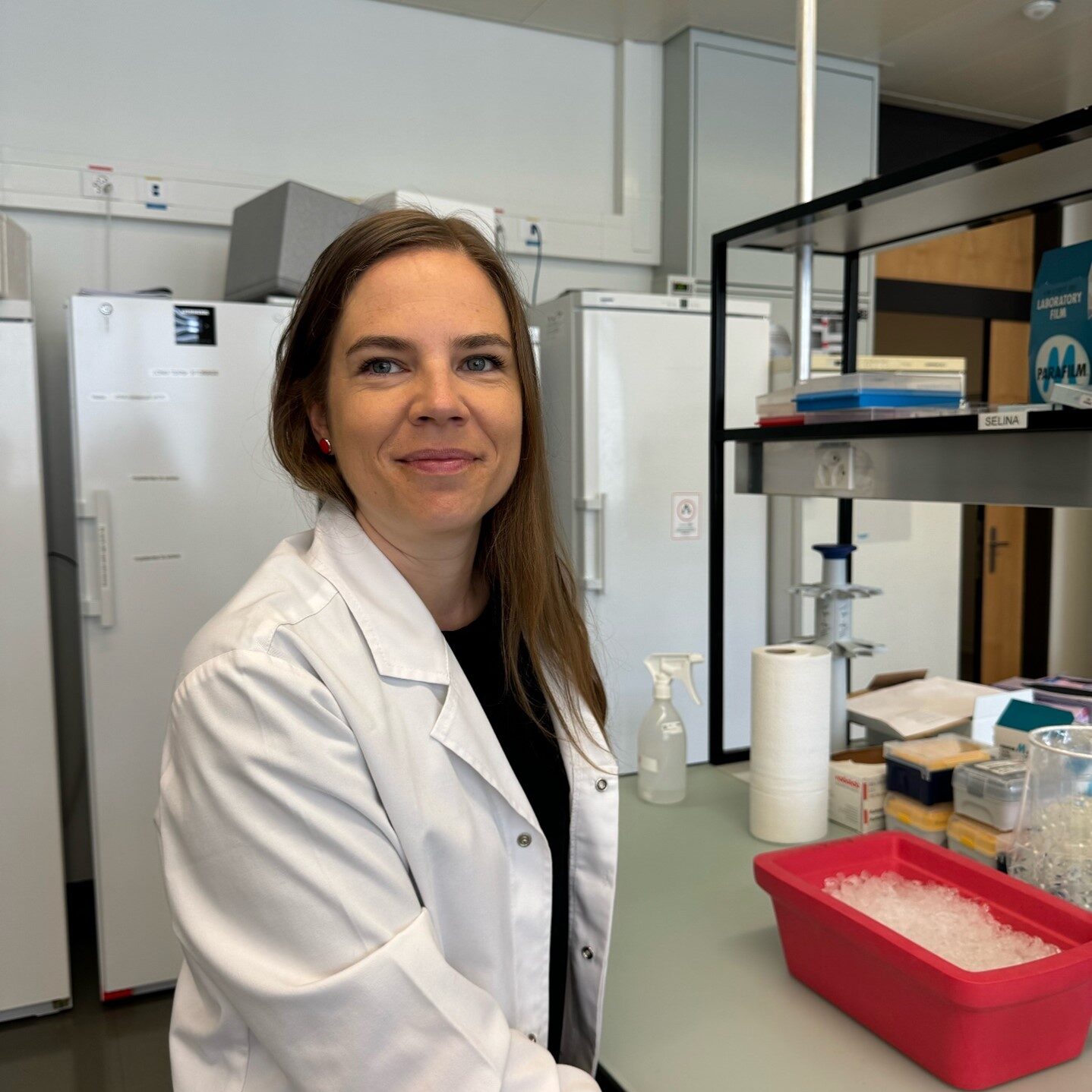ETH Zurich Future Maker – Katharina Gapp
November 14, 2024How many of you are fascinated by the latest advances in research while struggling to understand their implications for our future? If so, then – like me – you also belong to the tribe of the scientifically curious. In that case, I would like to invite you to join me on a voyage of discovery as I ask various ETH Zurich researchers about what they do and why it matters. On behalf of our tribe, I will inquire about their latest findings and how they might impact our future. So, buckle up and accompany me to meet ETH Zurich future makers…

Would you happen to know what chronic stress is? Would you maybe describe yourself as a chronically stressed individual? Have you ever wondered if stress could change our biology on a more fundamental, cellular level? And could it then potentially be inherited by our children or even our grandchildren? Well, allow me to introduce you to Katharina Gapp – a professor in the Department of Health Science and Technology at ETH Zurich who has dedicated her professional life to exploring the potential of the transmission of select environmental stressors from one generation to another.
Katharina’s research area: Epigenetics and Neuroendocrinology
In simple terms, Katharina’s research focuses on exploring how stress (as an environmental factor) shapes our biology on a molecular level and the extent to which it can be passed on from one generation to another. Katharina’s current research is carried out using mouse models. It hence explores the important question of what is possible and can be understood in principle before it is further investigated on human beings.
More concretely, Katharina’s team has been able to demonstrate that mice exposed to chronic stress can pass this stress (for example, in the form of related behavioral consequences) on to the next generation on a molecular level. This can be seen by examining the stress hormones and their receptors in the germline (i.e., cells that form eggs and sperms) as well as in the corresponding offspring. In principle, these findings demonstrate that environmental factors can be inherited. It also suggests that the environment around us might not only influence our own biology, but also the biology of our offsprings. When asked about why this type of research fascinates her, Katharina mentioned her rethinking of the concept of personal responsibility and how it took on a more intergenerational dimension based on the research findings in this domain.

But how about 2040? Will Katharina’s research area still be relevant to our lives?
If Katharina and her peers are successful in their research endeavors, by 2040, we could have a more robust understanding of the exact environmental factors that are hereditary as well as of the way in which they could be passed on from one generation to the next in human beings. Such an understanding might completely transform the way we look at preventative care for our children. It could also catalyze further regulatory action regarding our environment – especially in the areas of newly identified toxicity that could be transmissible to offsprings.
In a more extreme future scenario, one could maybe even picture a world in which offspring optimization would be taken to a whole new level. Such an optimization could, for example, involve a more robust screening of eggs and sperms for traces of environmental factors that could be passed on to the potential offspring with the intent to replace those eggs or sperms deemed as undesirable by more desirable alternatives.
For better or worse, future research findings of experts such as Katharina Gapp might help us better understand the importance of epigenetic inheritance – i.e., the transmission of environmental information to offsprings on a molecular level. I cannot think of anyone who does not worry about their children’s health and wellbeing. Looking ahead into 2040 and beyond, such parental worrying is unlikely to change and could be further shaped by additional information and research findings such as those of Katharina’s team. And that is why Katharina Gapp is an ETH Zurich Future Maker!



